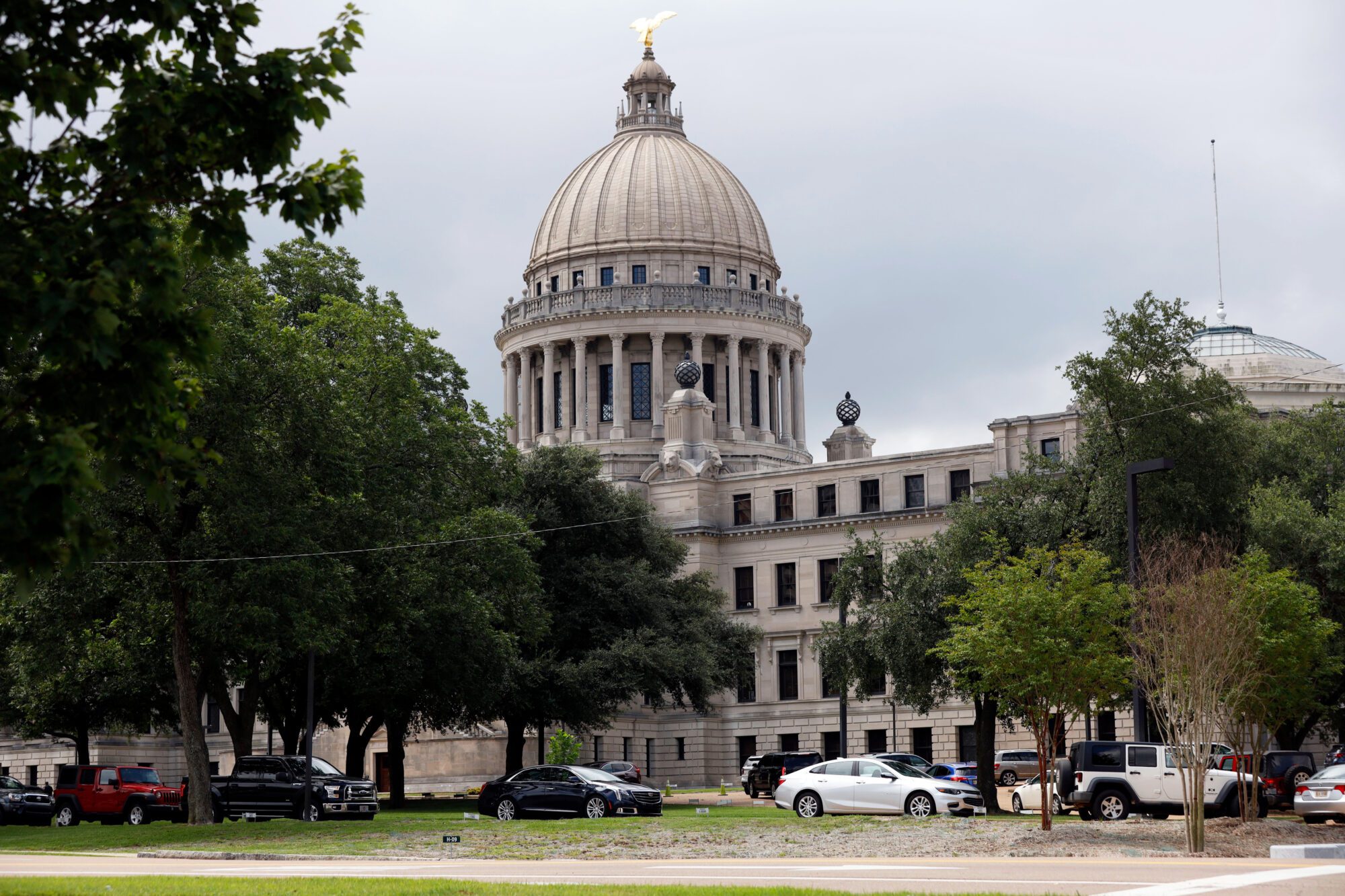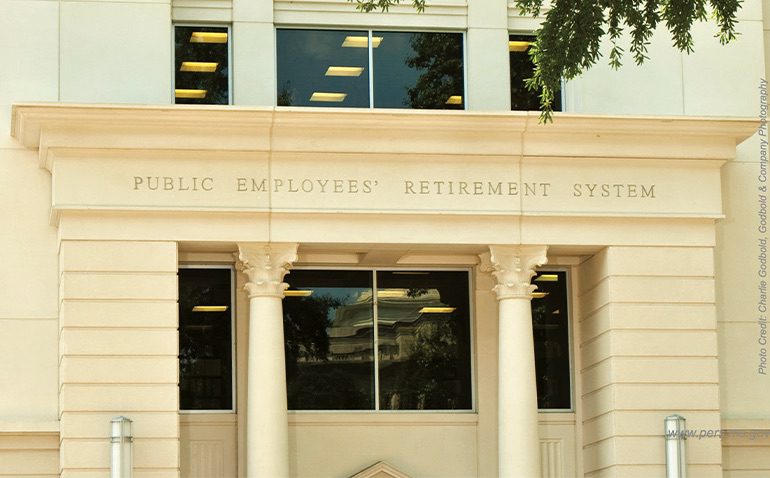Diaz trial puts flaws of system on display
If anyone needed graphic illustrations of the warts in Mississippi’s judicial system, the pictures came via a three-month production in U.S. District Court that concluded last week.
While none of the four defendants – including a state Supreme Court justice and two ex-judges – was convicted, one still came away with a sense that some practices within our courts seem warped.
For lawyers to give judges cash and gifts and to loan them money suggests too much comfort in a system where the perception of fairness and objectivity is crucial to credibility.
But just because situations look and smell bad doesn’t necessarily mean they are illegal. Instead of the courts, perhaps the focus should be on more lobbying of the Legislature to plug holes and adopt reforms.
And with the case involving state Supreme Court Justice Oliver Diaz Jr., U.S. Attorney Dunn Lampton should explain himself.
Benefit of doubt
Diaz, who took a leave of absence from the court following his 2003 indictment, was acquitted of mail fraud and bribery charges on Friday. U.S. District Judge Henry Wingate threw out a bribery charge and an extortion charge earlier in the trial.
Lampton’s reaction to the Diaz verdict was intriguing: “I knew there would be a problem on Diaz because he didn’t vote on anything.”
Why, then, was Diaz subjected to three years of anguish and suspicion? Was the government’s prosecution fair?
“The case against Diaz should have been brought,” Lampton said Monday. “Had he voted on the last case, it would have been much easier for the jurors.”
Maybe that’s true, but Diaz didn’t vote. Given the verdict, second-guessing the prosecution is easy and expected. But if prosecutors knew going in that the outcome was a stretch, Diaz deserved the benefit of the doubt.
Lampton also said he will recommend the other defendants face another trial. “That 10 jurors were ready to vote to convict is a strong statement.”
Missing link
This means the fate of lawyer Paul Minor and former judges John Whitfield and Wes Teel will rest with a second jury in Wingate’s court.
Minor, a longtime Diaz friend, was acquitted on six counts while the jury was unable to reach verdicts on nine others. Whitfield was acquitted on one count, and the jury hung on four others. The panel was unable to reach a verdict on three charges against Teel.
Minor was accused of using cash, loans and gifts to buy favorable decisions from Diaz, Whitfield and Teel. All were charged with bribery and fraud. Minor also was facing a racketeering charge.
But providing these considerations, even for lawyers with cases pending, is not illegal – unless the intent is to influence a judge’s decision-making. Prosecutors were unable to connect the dots.
They really shouldn’t have to. If we are to continue electing judges, the laws regulating gifts and favors from lawyers to judges should be clarified and overhauled.
The conduct the trial exposed is a by-product of having an elective judicial system. We shouldn’t ask judges to solicit campaign funds as if they were running for Congress. And we shouldn’t indict judges, or anyone else, based on suspicion.
Eric Stringfellow
Clarion Ledger
8/16/5







